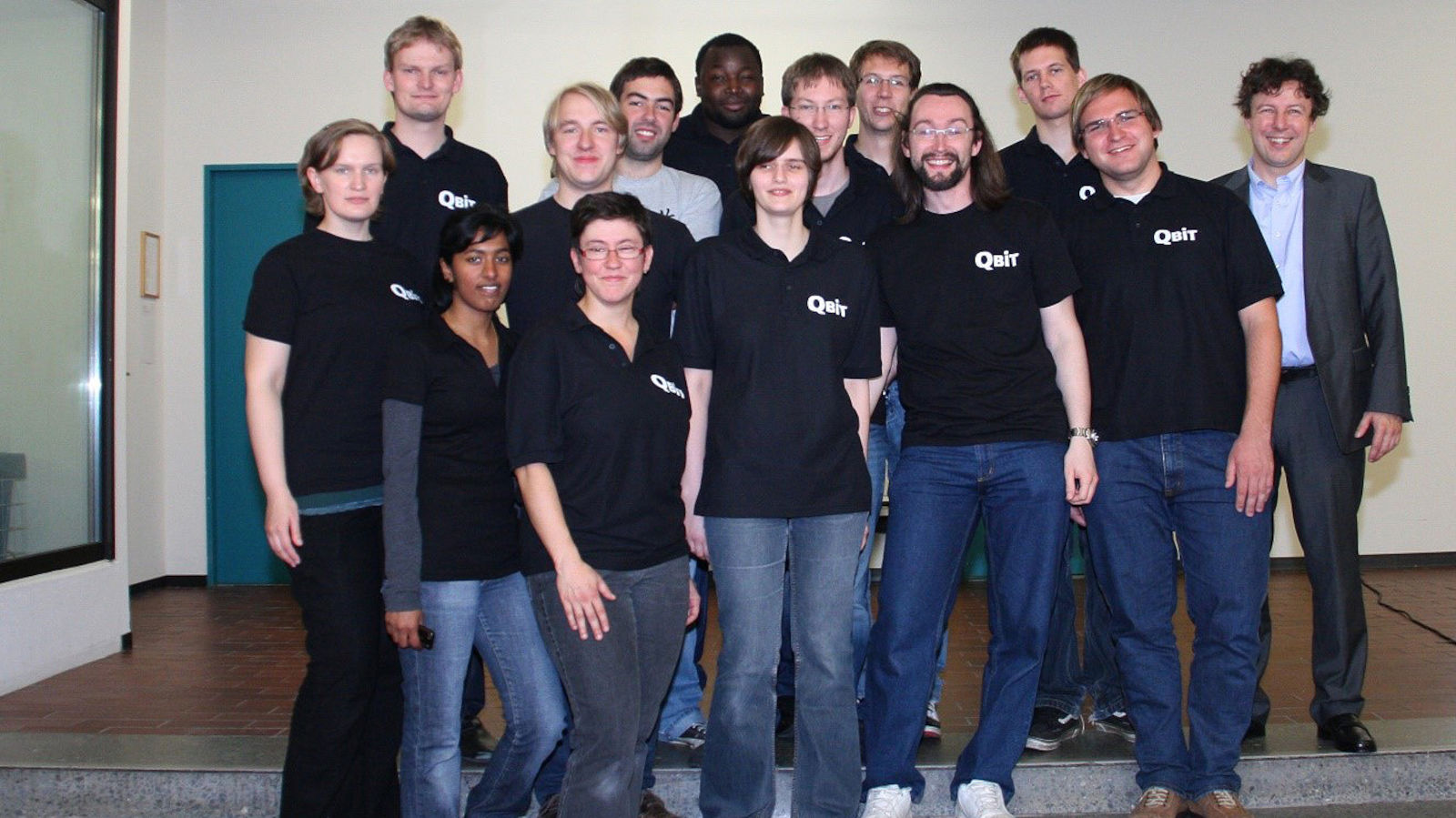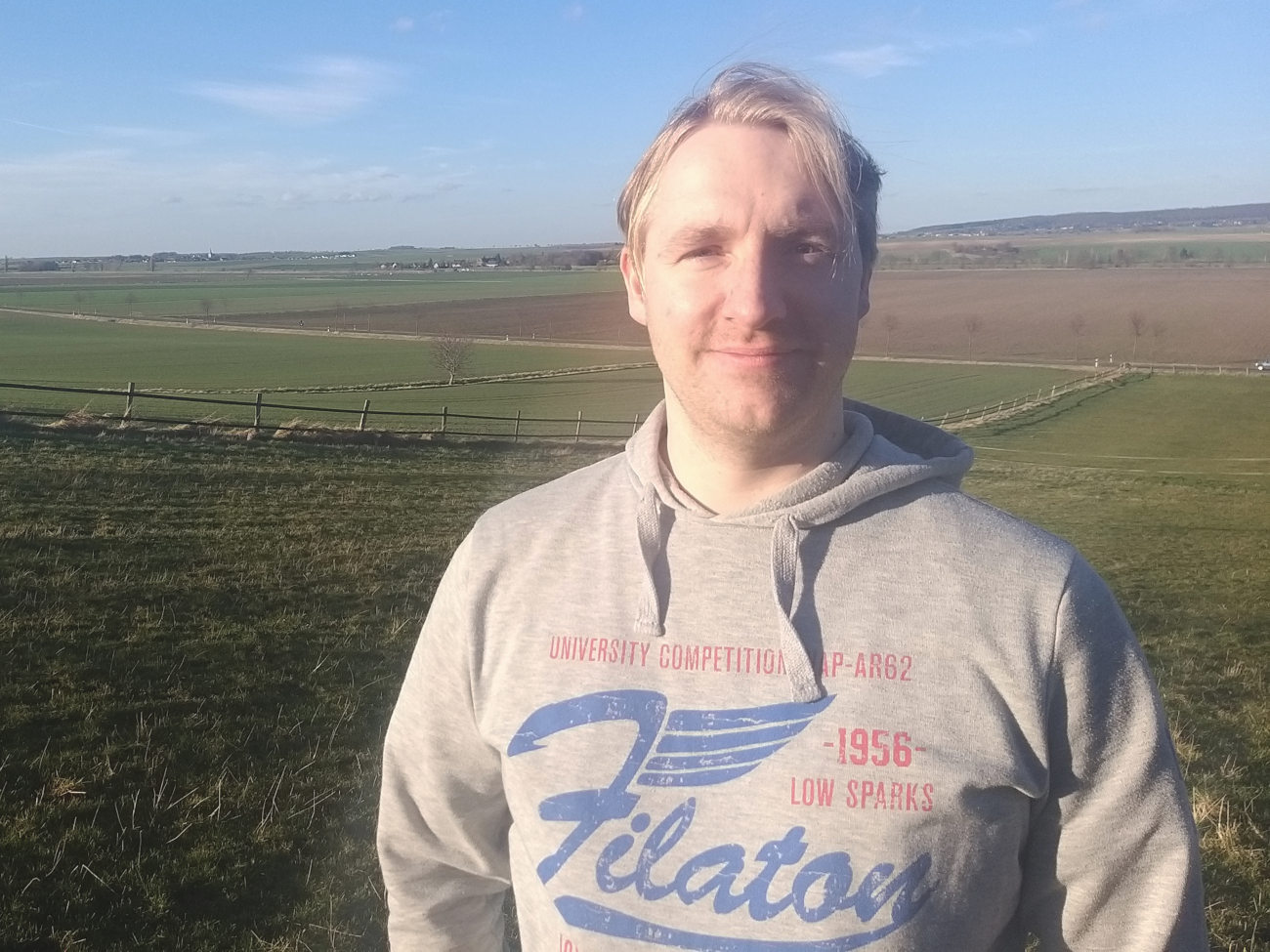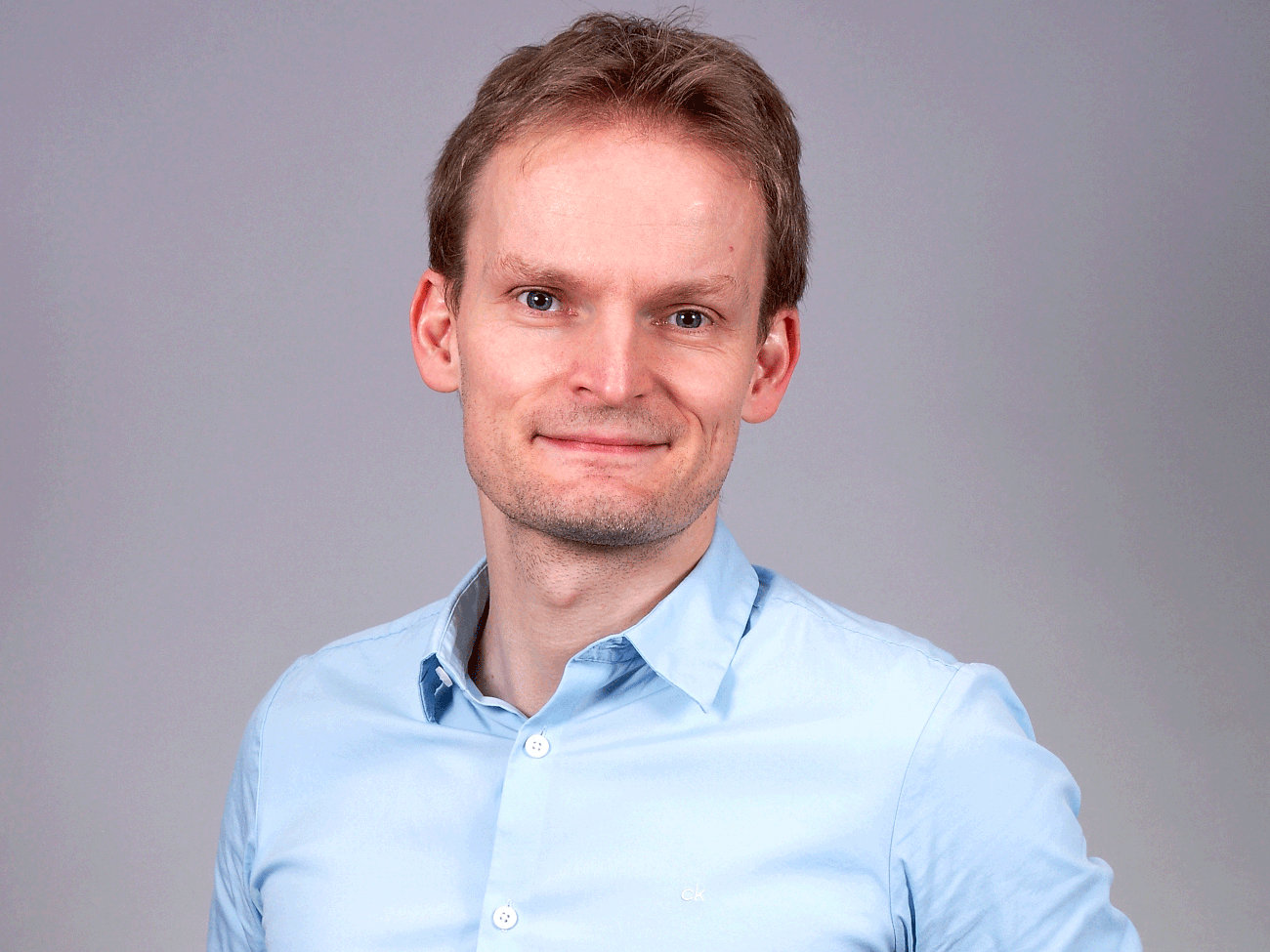
© AGRA / Universität Bremen
Pioneers of Quantum Computing: "We were there from the beginning"
Two distinguished university graduates report how they have benefited from research-based learning at the University of Bremen.
At the University of Bremen, research-based learning is an important part of the curriculum. A paper that was written as part of a computer science project and published about ten years ago received an international award this year. This is because it laid important foundations for today’s software solutions for quantum computers. For several of the undergraduate and doctoral students involved at the time, the research project was an insight into the future. They are still active in the field of quantum computing today.
For example, Nils Przigoda works as a senior software developer at Siemens Mobility in Braunschweig, where he continues to work on quantum computers. The project work back then basically laid the foundation for his knowledge today.
The 35-year-old thinks back to his time at the University of Bremen with enthusiasm. “As students, we were given the opportunity early on to work on research questions during our studies,” he says. Nils Przigoda was part of Professor Rolf Drechsler’s Computer Architecture research group (AGRA). At the time, the group started to work on the future topic of quantum computers. “We were involved from the very beginning and were able to contribute our ideas,” says Nils Przigoda, “which was great.” This included publishing research results, participating in conferences, getting to know other researchers, and, of course, presenting work.

© Nils Przigoda
“I have noticed in recent years that our work on quantum computers has been cited a great deal in expert circles,” says Nils Przigoda. But the fact that there was an international award for it some ten years later came as a surprise to him, he explains. “There was a lot of competition.”
“A Great Way to Learn and Teach”
Robert Wille, who is now a professor at the Technical University of Munich and scientific director of the Software Competence Center Hagenberg in Austria, agrees. At the time, the 39-year-old supervised Nils Przigoda and the other students together with PhD student Mathias Soeken in the AGRA quantum computer project.
For Robert Wille, working in projects, as he got to know it at the University of Bremen during his computer science studies and as a doctoral student, is something special: “It’s a great way to learn and teach,” he says. The researcher is certain that he only became a professor because AGRA got him excited about science so early on back then. “I benefited a lot from it with regards to my scientific career.” Today, the 39-year-old is still researching quantum computers with his team in Munich and is internationally recognized for his expertise. This is also demonstrated by a prestigious EU research grant he received in 2020: an ERC Consolidator Grant.

© Robert Wille
“Back then, when we had the project on quantum computers at AGRA with the students, the topic was still an issue of the future. We were doing pioneering work in the field, so to speak,” he says. The research in this area is comparable to the AI hype today. International companies such as IBM, Google, Microsoft, and many others are working on quantum computers and have begun to market them. Users from all sectors of industry are investing millions in this technology.
“Students Should Benefit from Research”
“It is important to us that our students can participate in research on current and future-oriented topics at an early stage and benefit from it,” says the head of AGRA, Professor Rolf Drechsler. The fact that this is now happening some ten years afterwards with this award is also a new experience for the researcher.
Research-Based Learning at the University of Bremen
Research-based learning has played an important role at the University of Bremen since its foundation more than 50 years ago. In recent years, research-based learning concepts have been integrated into numerous study programs in all faculties, thus linking research and teaching even more closely.
The Award Winners:
Rolf Drechsler, the two doctoral students and supervisors at the time, Robert Wille and Mathias Soeken, as well as the two former students Nils Przigoda and Christoph Hilken, were honored at the ASP Design Automation Conference. They received the “10-year Retrospective Most Influential Paper Award.”
You can read the award-winning paper in PDF format here.
Learn more about Professor Rolf Drechsler’s research group.